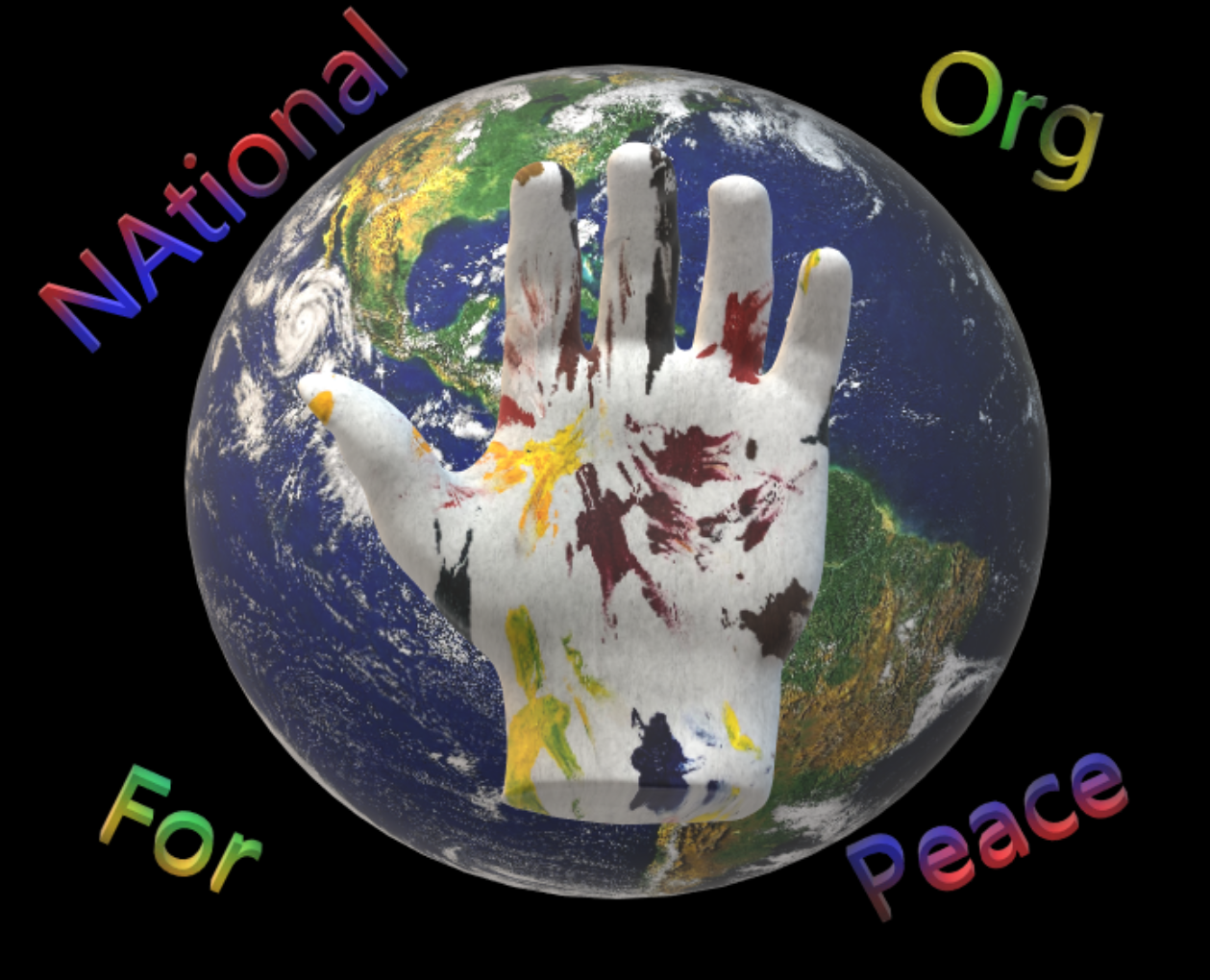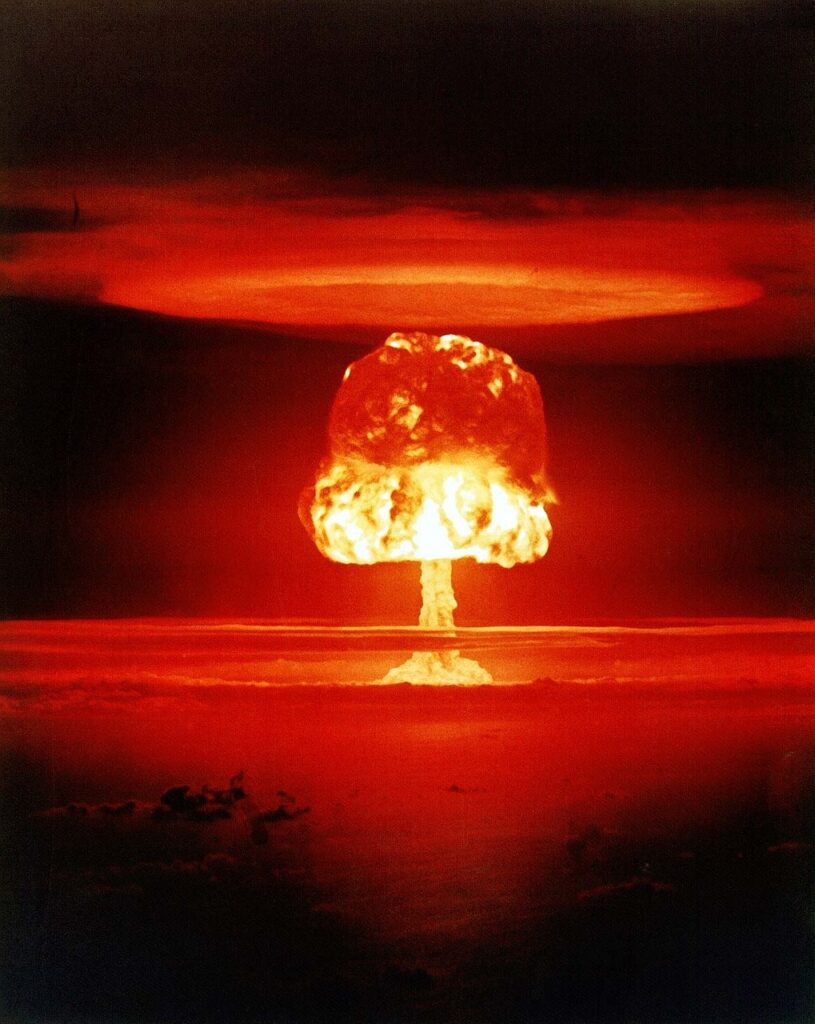
Introduction:
In today’s interconnected world, the specter of nuclear weapons casts a long shadow over global security. The threat of nuclear proliferation looms large, with potentially catastrophic consequences for humanity. However, amidst these concerns, there exists a beacon of hope: the safe and responsible use of nuclear energy. By addressing the dangers of nuclear weapons and promoting the benefits of nuclear energy, we can pave the way towards a safer, more sustainable future for all.
We use atoms every day
The atom is the a building block of matter, we use atoms every day, in the chemicals we use, to heat our homes, to drive our cars. The atom like any tool can also be used as a weapon, conversely I think, that any weapon can be a tool when used properly. Atomic energy is relatively the cheapest, most reliable, most abundant resource available; it is literally all around us. However, some minds for whatever reason have used the technology of atomic energy and turned it into weapons of mass destruction.
It is as if a man who built his house, in order to safe guard his house from robbers, trained rocket launchers at his own house. Perhaps the hubris of man kind is thinking that it is ready for the knowledge of God, when it demonstrates by it’s own actions that it is not.
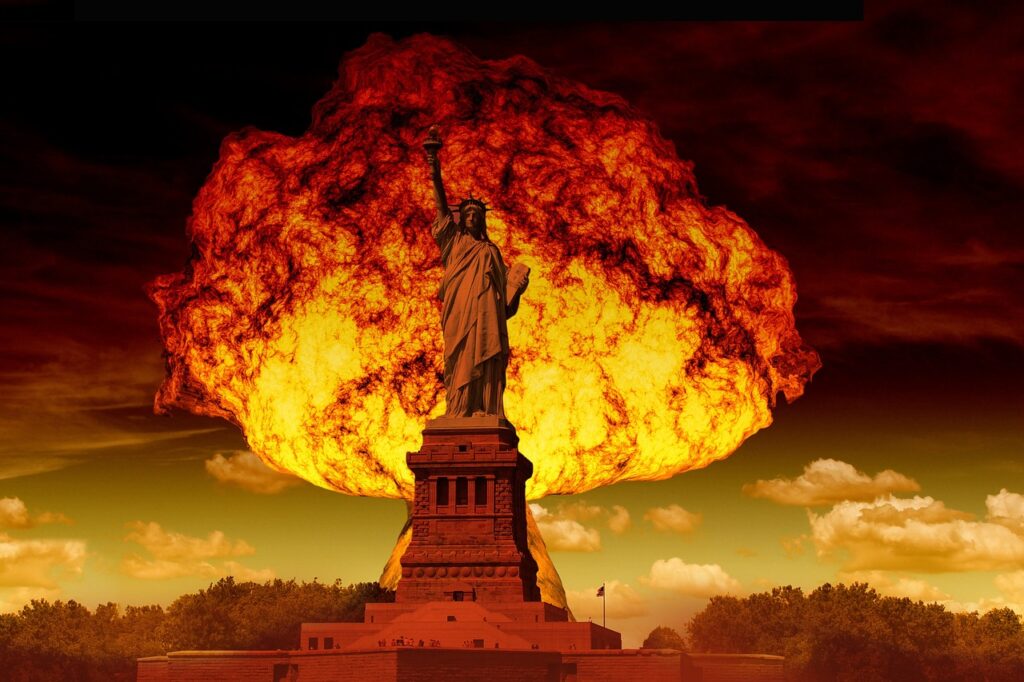
Ending Globalized Nuclear Weapon Threats:
Ending Globalized Nuclear Weapon Threats: The proliferation of nuclear weapons poses one of the most significant threats to global security. The existence of these weapons not only heightens the risk of conflict but also increases the potential for catastrophic accidents or intentional misuse. To address this threat, concerted international efforts are essential.
- Diplomacy and Arms Control: Diplomatic initiatives and arms control agreements play a crucial role in curbing the spread of nuclear weapons. Treaties such as the Treaty on the Non-Proliferation of Nuclear Weapons (NPT) serve as the cornerstone of global non-proliferation efforts, promoting disarmament and preventing the further spread of nuclear weapons.

- Disarmament and Reduction: Nuclear-armed states must commit to meaningful disarmament measures, reducing their arsenals and working towards the eventual elimination of nuclear weapons. This requires political will, transparency, and verification mechanisms to ensure compliance.
- Strengthening Non-Proliferation Regimes: International non-proliferation regimes, such as the International Atomic Energy Agency (IAEA), play a crucial role in monitoring and safeguarding nuclear materials and facilities worldwide. Strengthening these regimes through enhanced cooperation and resources is essential to preventing the diversion of nuclear materials for illicit purposes.
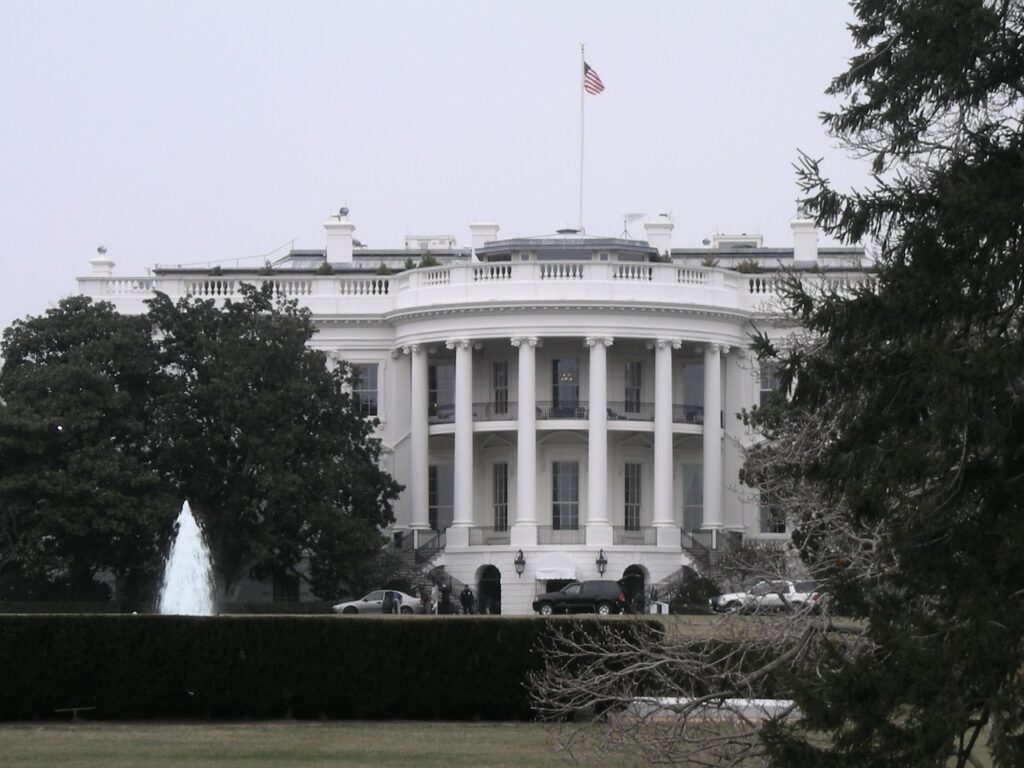
- Promoting a Culture of Responsibility: Ultimately, ending the threat of nuclear weapons requires a shift in mindset towards a culture of responsibility and stewardship. Civil society, academia, and policymakers must work together to promote nuclear disarmament education, raise awareness about the risks of proliferation, and foster a sense of shared responsibility for global security.
Harnessing Safe Nuclear Energy:
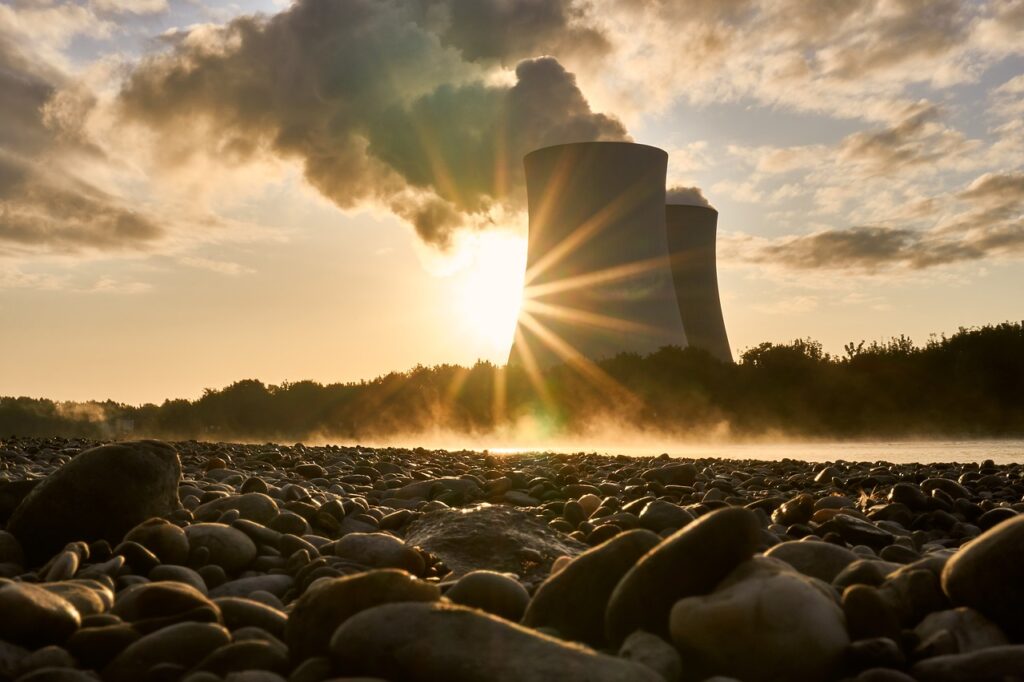
Harnessing Safe Nuclear Energy:
Harnessing Safe Nuclear Energy: While the dangers of nuclear weapons are undeniable, it is important to recognize that nuclear energy, when used safely and responsibly, offers significant benefits for society. From mitigating climate change to providing reliable electricity, nuclear power has the potential to play a vital role in our transition to a sustainable energy future.

- Low Carbon Emissions: Nuclear energy is a low-carbon alternative to fossil fuels, offering a reliable source of electricity without the greenhouse gas emissions associated with coal or natural gas. As the world grapples with the urgent need to address climate change, nuclear power can help reduce carbon emissions and mitigate the impacts of global warming.
- Energy Security: Nuclear energy contributes to energy security by diversifying the energy mix and reducing reliance on imported fossil fuels. Countries with nuclear power plants can enhance their energy independence and resilience to supply disruptions, strengthening national security in the process.
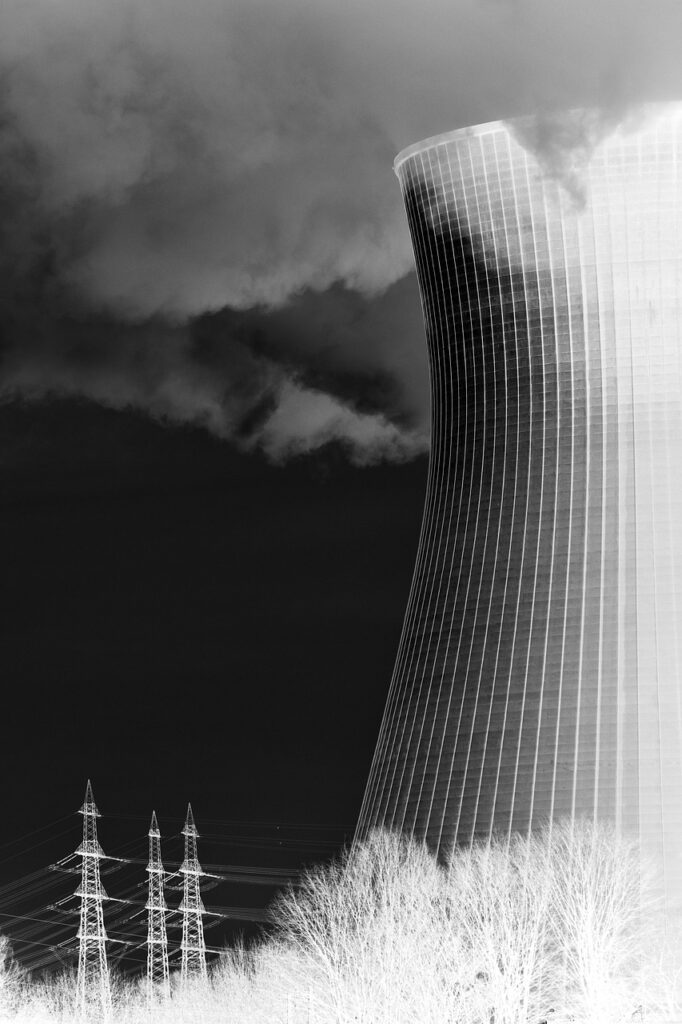
- Economic Benefits: The nuclear energy sector creates jobs, stimulates economic growth, and fosters innovation in science and technology. From manufacturing and construction to research and development, the nuclear industry drives economic activity and supports local communities where nuclear facilities are located.
- Technological Advancements: Advancements in nuclear technology, such as small modular reactors (SMRs) and advanced fuel cycles, hold promise for enhancing safety, reducing waste, and expanding the accessibility of nuclear energy. These innovations represent the next frontier of nuclear power, offering scalable and cost-effective solutions for meeting growing energy demand.

Conclusion:
In conclusion, the journey towards a secure future requires concerted efforts to address the threats posed by nuclear weapons while harnessing the benefits of nuclear energy. By prioritizing diplomacy, disarmament, and non-proliferation measures, we can work towards a world free from the fear of nuclear conflict. Simultaneously, by embracing safe and sustainable nuclear energy technologies, we can power our societies while safeguarding the planet for future generations. It is through collective action and forward-thinking strategies that we can chart a course towards a safer, more prosperous world for all.
